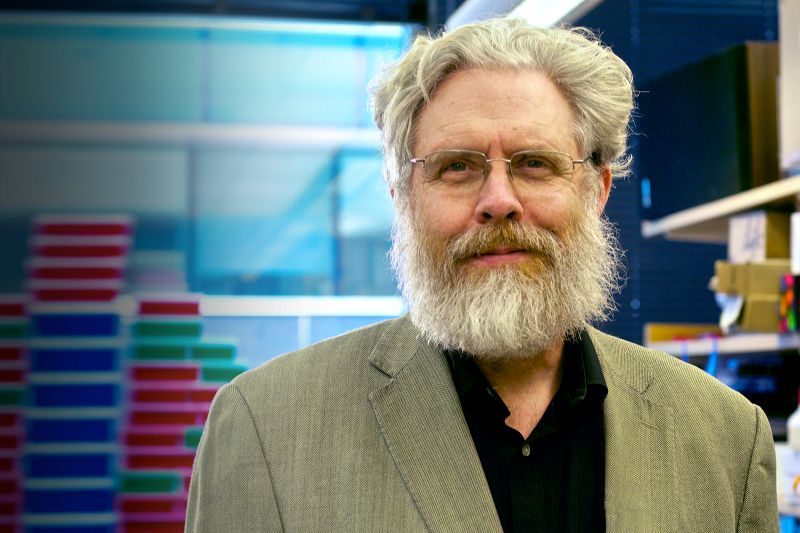
A researcher accused of falsifying research in work funded by the National Institutes of Health has cost Northwestern University $2.3 million.
The university, based in Evanston, Ill., violated the Civil Monetary Penalties Law when a former researcher at the school falsified work funded by an NIH award, according to a November press release from the U.S. Department of Health & Human Services’ Office of Inspector General. The researcher and other investigators then referenced the falsified research in grant applications, reports and other submissions to NIH for two other awards, according to OIG. Together, the three grants totaled about $5 million, with $3.5 million tied to Northwestern.
The Civil Monetary Penalties law allows OIG to impose penalties against individuals and entities that engage in fraud and other improper conduct related to government grants. OIG learned of the researcher’s manipulation when Northwestern self-disclosed the conduct, the release said.
Continue reading Northwestern to pay $2.3 million for falsified research in NIH grants







